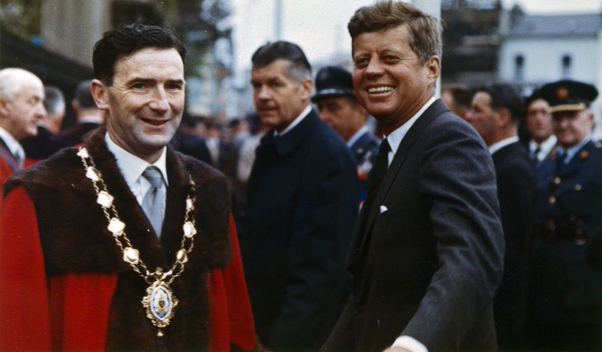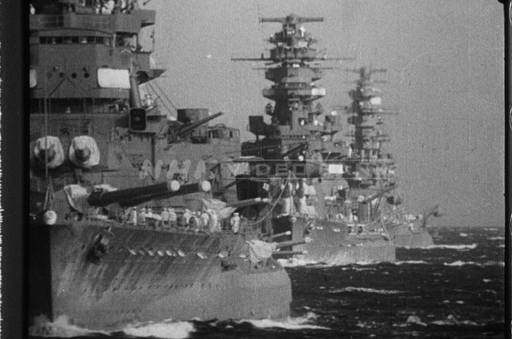

What made JFK’s leadership style or personality unique compared to other presidents during his time period?
What made JFK’s leadership style or personality unique compared to other presidents during his time period? John F. Kennedy’s leadership style and personality were unique compared to other presidents of his time for several reasons:
Charismatic Communication:
Kennedy was known for his exceptional public speaking skills and charisma. His eloquent speeches, such as his inaugural address with the famous line “Ask not what your country can do for you – ask what you can do for your country,” inspired a sense of idealism and civic duty. He used television effectively to connect with the American public, which was a relatively new and powerful medium for political communication during his presidency.
Youthful Energy and Vision:
Kennedy was the youngest elected U.S. president at 43, and his youthfulness brought a sense of vitality and hope to the nation. He emphasized themes of renewal, progress, and tackling challenges with vigor, which resonated during a period when America was grappling with Cold War anxieties and the civil rights movement.
Crisis Management:
Kennedy’s approach to crisis management was marked by his willingness to listen to a wide range of viewpoints before making decisions. During the Cuban Missile Crisis, he navigated the U.S. through one of the most dangerous confrontations of the Cold War by seeking counsel from his advisors, considering multiple perspectives, and ultimately opting for a naval blockade over more aggressive military action, which averted a potential nuclear war.
Emphasis on Public Service and Space Exploration:
Kennedy’s focus on public service and space exploration was distinctive. He launched the Peace Corps to promote volunteerism and international goodwill, and he famously set the goal of landing an American on the moon, which sparked the “Space Race” and inspired scientific innovation. This forward-thinking vision was a key aspect of his leadership.
Personal Charm and Connection:
Kennedy’s personal charm, humor, and ability to connect with different groups set him apart. His interactions with world leaders, as well as his ability to charm the media and the public, helped him maintain a favorable image even during challenging times. The “Camelot” narrative surrounding his presidency added to the aura of optimism and glamour.
Focus on Intelligence and Thoughtfulness:
Kennedy valued intellectual input, often surrounding himself with highly knowledgeable advisors and promoting the idea of a meritocracy in governance. He appreciated differing opinions, as evidenced by his willingness to include dissenting voices during critical moments, allowing for a more measured and informed decision-making process.
Pro-Civil Rights Stance:
Although his civil rights record was somewhat cautious early on, Kennedy eventually took a more assertive stance, pushing for civil rights legislation and sending federal troops to ensure the integration of schools. His public support of civil rights helped set the stage for later, more sweeping reforms under President Lyndon B. Johnson.
These qualities distinguished Kennedy from his contemporaries and left a lasting impression on the American political landscape, contributing to his enduring legacy as a transformational leader.




